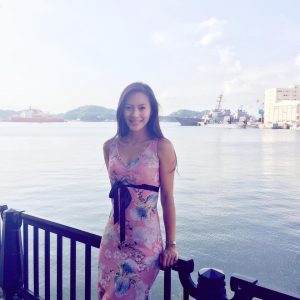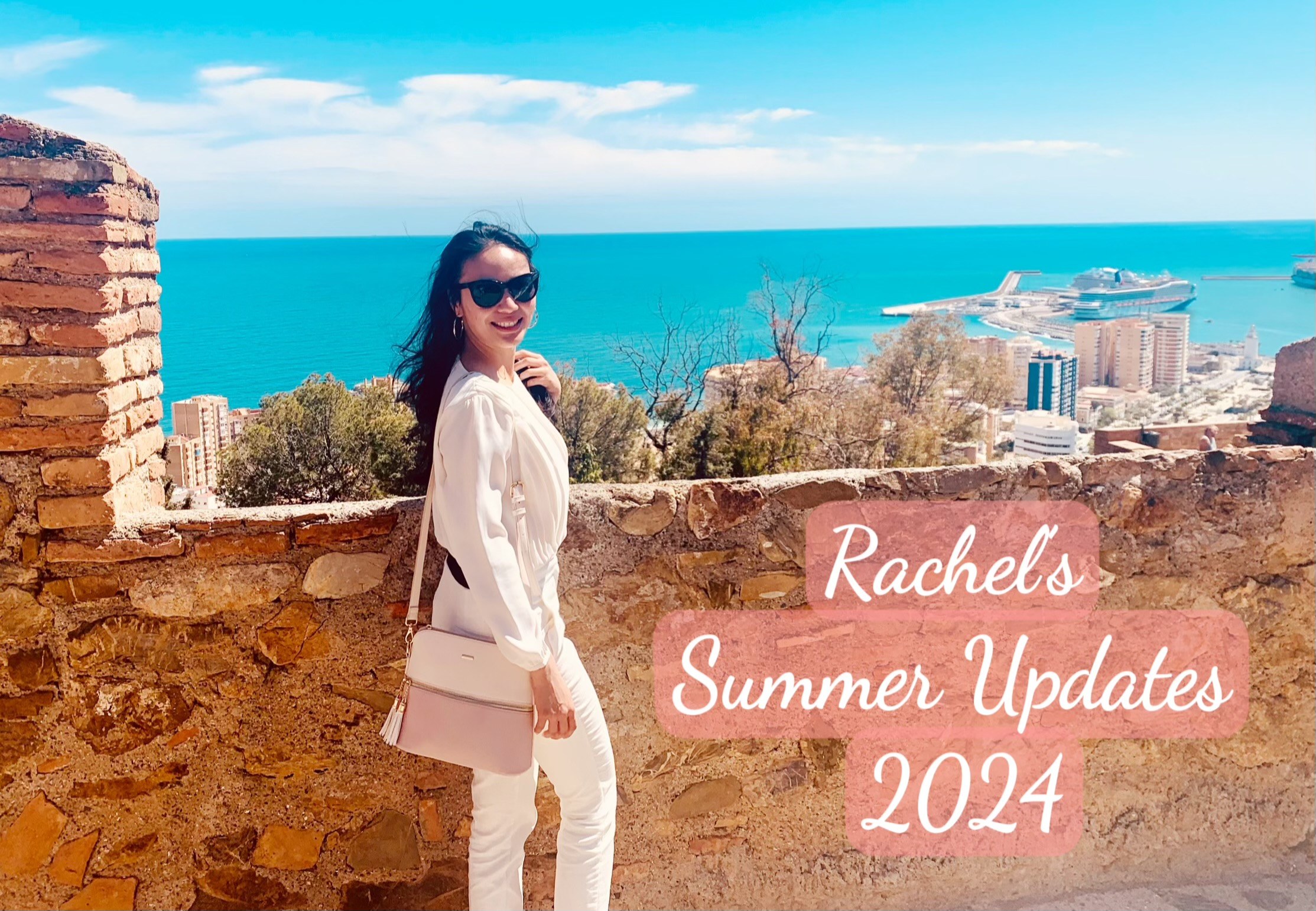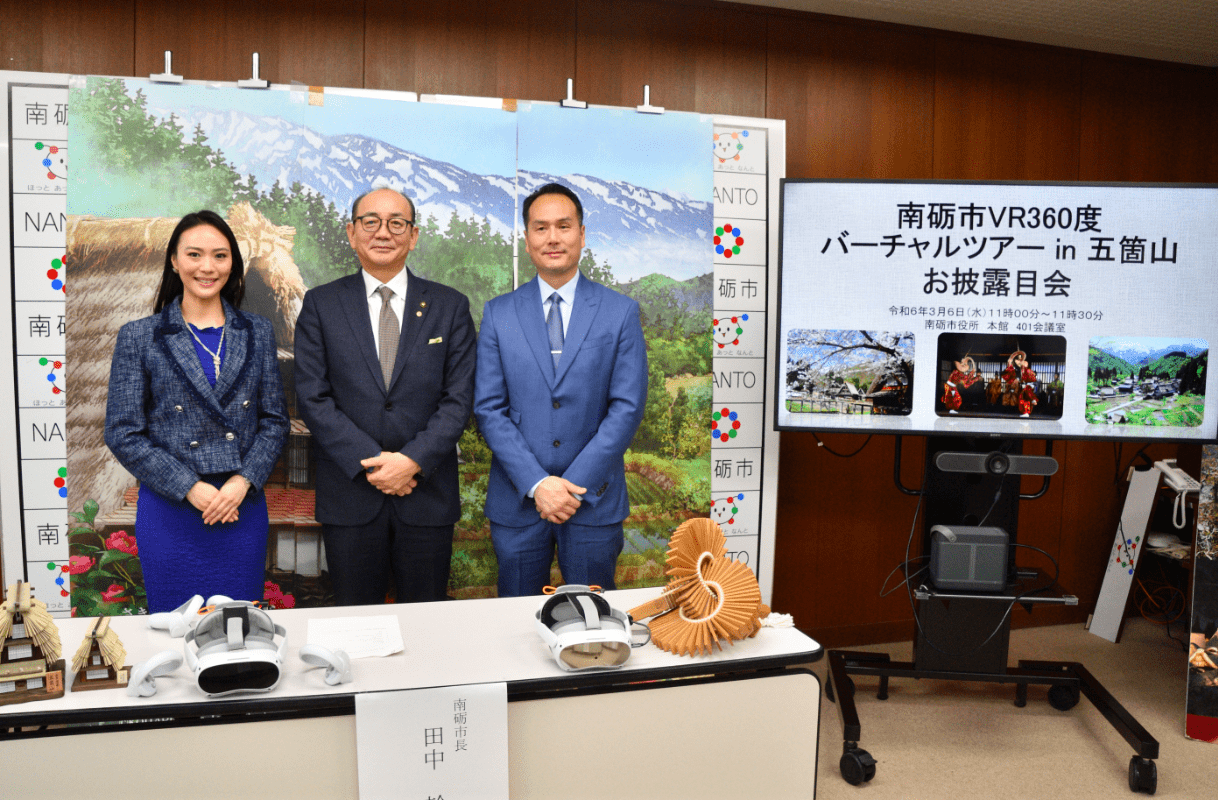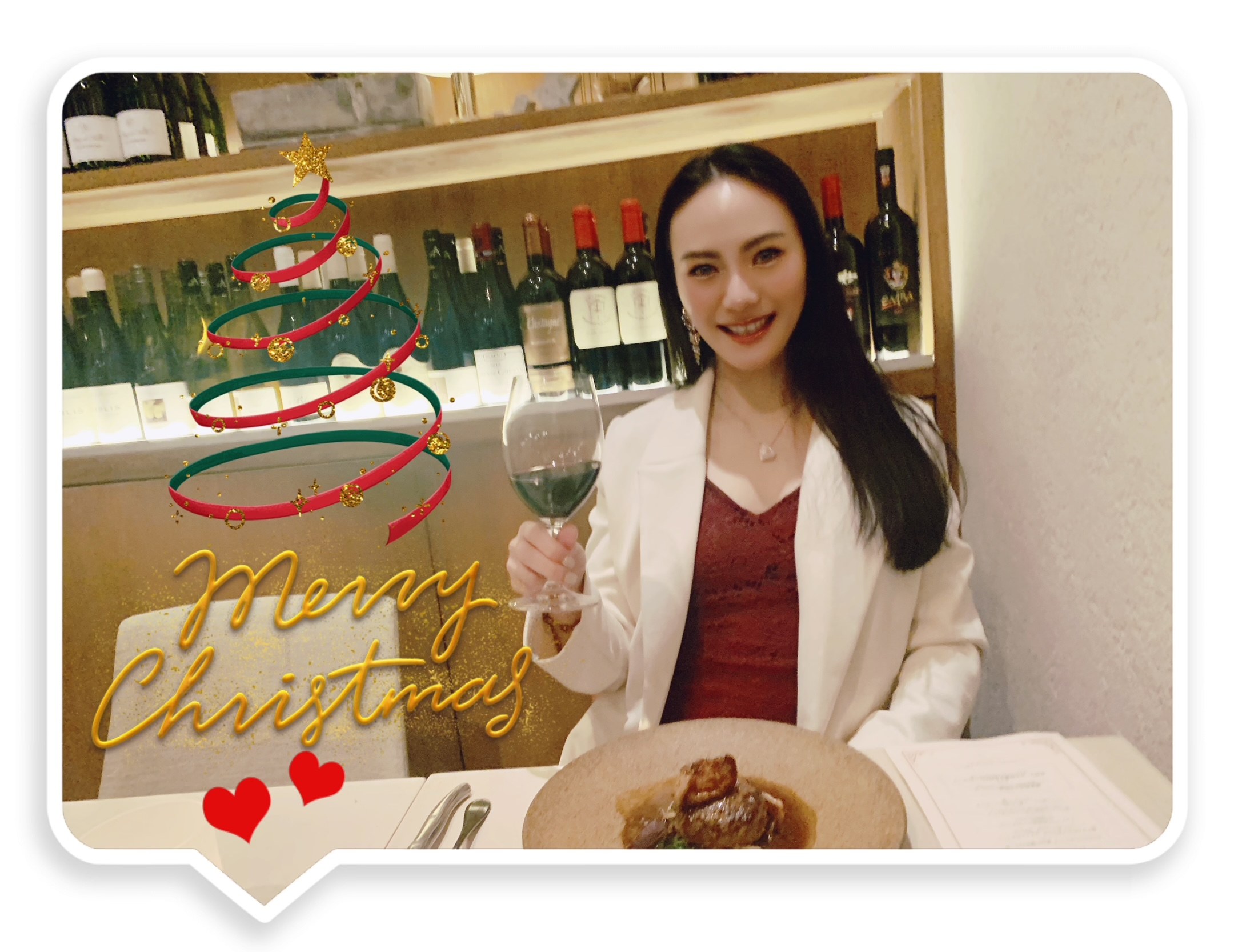The Singapore Diaspora: Conversation with Singapore’s Senior Minister of State
シンガポールからの海外居住:シンガポール国務大臣との会話
Over a month ago, I was invited by the Singapore Global Network to a small group, closed-door Zoom gathering to speak with Dr. Janil Puthucheary, Singapore’s Senior Minister of State (SMS), Ministry of Transport & Ministry of Communications and Information (MCI).
Representing Japan, I was asked to speak about my activities to support the local community of overseas Singaporeans with my action and research on “How to Get Tested for the Novel Coronavirus (COVID-19) in Tokyo.” I was also able to share on some recent efforts to support a therapeutics company developing a vaccine for COVID-19 in collaboration with Singapore’s Duke-NUS Medical School through my work on the healthcare investments team at a Japanese private equity fund.
About 10 other participants from all over the world also shared about their initiatives. It was incredibly uplifting to hear what other Singaporeans have been able to achieve in their respective countries of residence.
What is it like to be an overseas Singaporean in the 21st century and during the coronavirus outbreak?
What communication channels do the Singapore diaspora have with our home country and the Government of Singapore?
In this post, I wish to share my personal story.
先日、私はシンガポール・グローバル・ネットワーク(SGN)から小規模グループのオフレコZoom集会に招待され、
シンガポール国務大臣(SMS)、
運輸省および情報通信省(MCI)のJanil Puthucheary博士と話をしました。
私は日本を代表して、海外のシンガポール人の地域社会を支援するための
私の活動と「東京の新型コロナウイルス(COVID-19)の検査方法」についての研究を話しました。
日本の投資ファンドのヘルスケアチームでの仕事を通じて、
シンガポールのDuke-NUS Medical Schoolと協力してCOVID-19のワクチンを
開発する会社をサポートするための最近の取り組みについても共有できました。
世界中から10人程の他の参加者も彼らの取り組みについて共有しました。
他のシンガポール人がそれぞれの居住国で何を達成してきたのかを聞くことはとても励みになりました。
21世紀、コロナの流行中に海外でシンガポール人として暮らすのはどうですか?
シンガポールの海外居住者達は、母国およびシンガポール政府と
どのようなつながりやコミュニケーションチャネルを持っていますか?
この記事で、私の個人的な経験や話を紹介したいと思います。
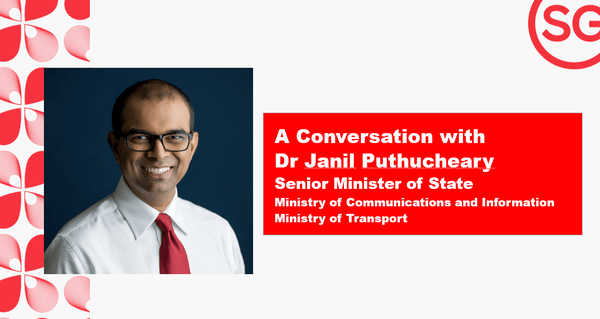
| About Dr. Janil Puthucheary Dr. Janil Puthucheary (Tamil: ஜனில் புதுச்சேரி, born 6 November 1972) is a Singaporean politician and medical doctor. A member of the country’s governing People’s Action Party (PAP), he has been a Member of Parliament (MP) representing the Pasir Ris–Punggol Group Representation Constituency since 2011. Prior to entering politics, Puthucheary was a Senior Consultant in the children’s intensive care unit at KK Women’s and Children’s Hospital and Assistant Professor at the Duke-NUS Graduate Medical School. Wikipedia: https://en.wikipedia.org/wiki/Janil_Puthucheary SMS Janil Puthucheary博士について Janil Puthucheary(ジャニル・プツチャリー,タミル語:ஜனில்புதுச்சேரி、1972年11月6日生まれ)は、シンガポールの政治家であり医師です。 国が運営する人民行動党(PAP)のメンバーであり、2011年からパシルリスンポンゴルグループ代表選挙区の議員(MP)を務めています。政治に参加する前は、彼はDuke-NUS大学院医学部の助教授で、KK Women’s and Children’s Hospitalで子供達のための集中治療ユニットの上級相談役でもありました。 |
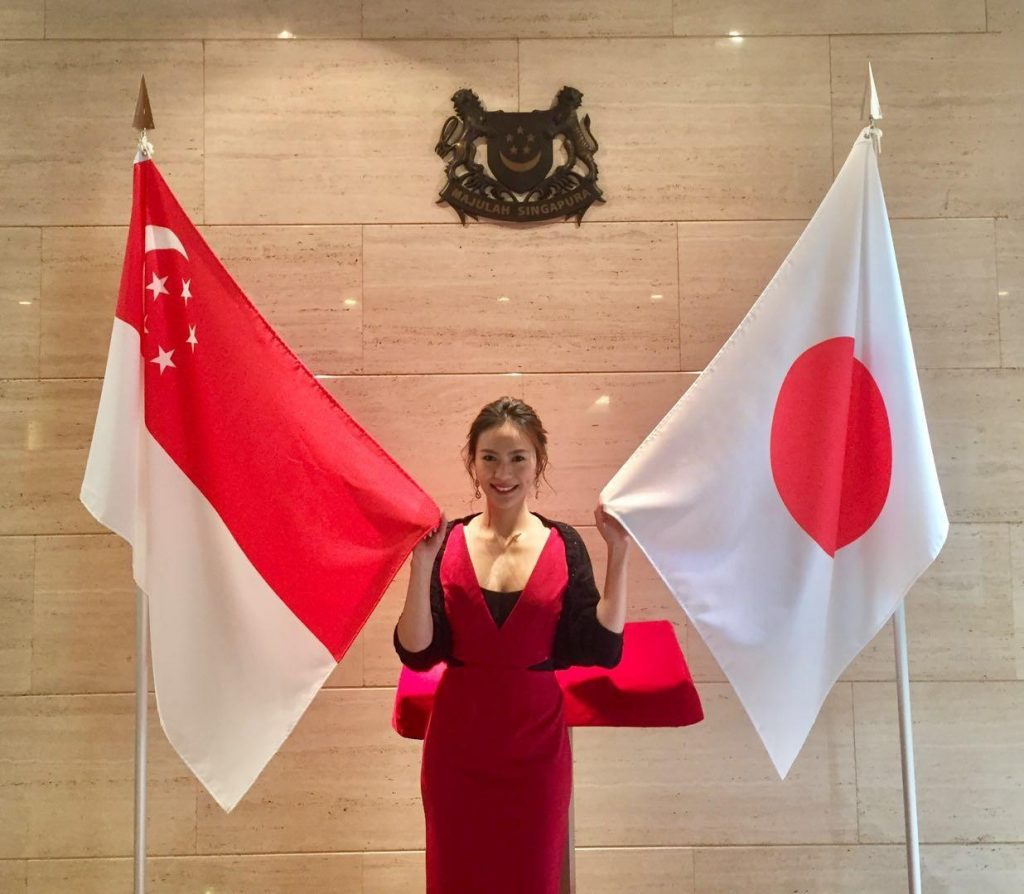
The Singaporean Diaspora:
My Personal Story
シンガポールのディアスポラ:
私の個人的な話
The Singapore diaspora consists of about 250,000 Singaporeans living overseas, with Australia, Malaysia, and the United Kingdom having the largest communities. According to the Embassy of Singapore in Tokyo, about 3000 Singaporeans are living in Japan (as of 2019).
When the topic of the Singapore diaspora came up in the conversation with Dr. Janil Puthucheary, I could not help but reflect that my life intimately represents this community in many ways. For as long as I can remember, my life has been established upon multicultural hybridity and movement. I am a half-Cantonese, half-Teochew Singaporean woman (with Peranakan ancestry to boot!) who was raised in Shanghai but attended an international high school; my childhood classmates named me the “Nanyang Girl” – too foreign for some, yet too Asian for others. I have spent more years outside of Singapore than in our island state, living across China, the U.S., Europe, South Korea, and now Japan. Interactions with people from clearer heritages around the world have made me keenly aware of my ambiguous roots.
Looking back, perhaps the only constant way to describe me has been through my relationship with the liminal “other.” When asked about my upbringing, I often found myself filtering my experiences to appear more comprehensible. And yet, I never hesitate in answering when people ask me, “Where are you really from?”
There has never been a doubt in my heart that I am a Singaporean.
シンガポールのディアスポラは、海外に住む約250,000人のシンガポール人で構成されており、
オーストラリア、マレーシア、イギリスのコミュニティが最大のものです。
東京のシンガポール大使館によると、
日本には約3000人のシンガポール人が住んでいます(2019年現在)。
シンガポールのディアスポラについてJanil博士との会話で話題として取り上げられたとき、
私の人生は多くの点でシンガポール海外居住者コミュニティに相応しいと思わざるを得ませんでした。
覚えている限り、私の人生は多国への移動と多くの文化が混ざって構成されてきました。
私は上海で育ちましたが、インターナショナルスクールに通っていて、
半分広東人、半分テオシュー人(ペラナカンの祖先も!)のシンガポール人女性です。
子供時代の同級生は、私を「南洋少女」と呼びました。
一部の人にとっては当然外国人ですが、
他の人にとってはアジア人です。
私は都市国家よりもシンガポールの外で何年も過ごし、
中国、米国、ヨーロッパ、韓国、そして今は日本に住んでいます。
世界中の生まれつき明確な立場にいる人々との交流は、
私の曖昧なルーツを強く意識させました。
振り返ってみると、おそらく私を説明する唯一の方法は、
「他者」との関係を通じてのものでした。
私のバックグラウンドについて尋ねられたとき、
私はしばしば自分の経験をよりわかりやすくするために情報を選別していることに気づきました。
今は、「本当はどこから来たの?」と聞かれたとき、
答えることに躊躇うことはありません。
私がシンガポール人であることを心の中で疑ったことは一度もありません。
This learned empathy with representations of “otherness” in the stories of fringe communities that I encounter has been a key theme throughout my life (the exploration of ethnic and social identity is evident in most of my writings and publications). What drew me to these issues was the desire to better understand the distinct languages, cultures, and identities subjected to transnational flows. I now realize that my personal migratory experiences give me a nuanced, but inextricable, perspective on the multiple meanings of diasporic sojourn vis-à-vis my Singaporean origin. I also find myself particularly sensitive to the needs of the disadvantaged or minorities that others may overlook.
これは、私が出会うコミュニティでの色々な話の中で、
「違うもの、違うこと」を表現して共感を得るこの学びは、
私の人生を通じて重要なテーマでした。
(民族的および社会的アイデンティティの探究は、私の著作や出版物に書いてあります。)
私を引き付けるこれらの関心事は、国際的に広がる異なる言語、
文化、アイデンティティをより理解したいという願望でした。
私は今、個人的な移動の経験が、
シンガポールのディアスポラの一人として、微妙な、
しかし密接に釣り合いのとれた考え方を与えてくれることに気づきました。
私はまた、社会的に不利な立場にある人々や
マイノリティのニーズに特に敏感になったと感じています。
As chronicled in my interview with The Straits Times on “Home, truly: The place that nurtured me for abroad,” I believe that Singapore’s multi-cultural society has prepared me to thrive abroad. Hence, I am constantly looking for ways to turn my experiences abroad into something positive for Singapore society.
The Straits Timesというシンガポール新聞での「Home, truly: The place that nurtured me for abroad」
(本当の故郷:海外で私を育ててくれた場所)に関する私の取材で、
年代順に記されているように、
シンガポールの多文化社会は海外で繁栄する準備を整えたと思います。
そのため、海外での経験をシンガポール社会にとって
有意義なものに変える方法を常に模索しています。

Interview with The Straits Times:
https://www.straitstimes.com/singapore/home-truly-the-place-that-nurtured-me-for-abroad
This motivation drove me to take action during the 2020 coronavirus outbreak. In Tokyo during the pandemic, I soon observed that there was a great discrepancy with how the outbreak was handled across national borders. Although many Singaporeans decided to go home to Singapore to wait out the pandemic, a significant number decided to stay in Japan for a variety of reasons.
Japan’s bureaucracy can be daunting to navigate, especially for non-Japanese speakers. Moreover, there was a lot of conflicting and confusing information put out about how one could receive hospital treatment or a PCR test for the coronavirus during the early days of the outbreak in Japan. It concerned me that for people who were sick or those who may not have the time or language skills to navigate the coronavirus testing application process (e.g.: many resources such as the health centres were often engaged, and only provided services in Japanese), not having access to critical information would be extremely stressful.
To address this issue, I decided to investigate more about the process. After hundreds of phone calls to coronavirus-related hotlines and health centers to find out information over several days, I wrote about what I learned in the article, “How to Get Tested for the Novel Coronavirus (COVID-19) in Tokyo.” My goal was to hopefully help others save time and relieve anxiety when figuring out what to do if they should feel a need to get tested.
この動機付けにより、2020年のコロナの流行時にコミュニティのために
何か役に立てることをしたいと考えて、行動を起こすようになりました。
パンデミックの最中に東京にいて、
国によって扱い方に大きな違いがあることに気づきました。
多くのシンガポール人はパンデミックが過ぎるのを待つために
シンガポールに帰ることにしましたが、
かなりの人が様々な理由で日本に滞在することを決めました。
日本の官僚制度は、日本語を話せない外国人にとって、
ナビゲートするのが難しい場合があります。
さらに、日本での発生の初期に、
病院での治療やコロナウイルスのPCR検査を受ける方法について、
多くの矛盾し混乱した情報が流れました。
気分が悪い人や、コロナウイルス検査申込をナビゲートする時間や
言語スキルがない人は重要な情報へのアクセスは非常にストレスになります
(例:ヘルスセンターなどは電話中でつながらないことが多く、
日本語でのサービスしか提供していなかった)。
この問題に対処するために、
情報を円滑に受け取るようにするために、
さらに調査することにしました。
コロナウイルス関連のホットラインやヘルスセンターに数日かけて何百回も電話をし、
情報を得た後、記事で「How to Get Tested for the Novel Coronavirus (COVID-19) in Tokyo」
(東京の新型コロナウイルス(COVID-19)の検査を受ける方法)について書きました。
私の目標は、他の人が検査を受ける必要があると感じたらどうすればよいか、
早く不安が和らぐのを手伝うことです。
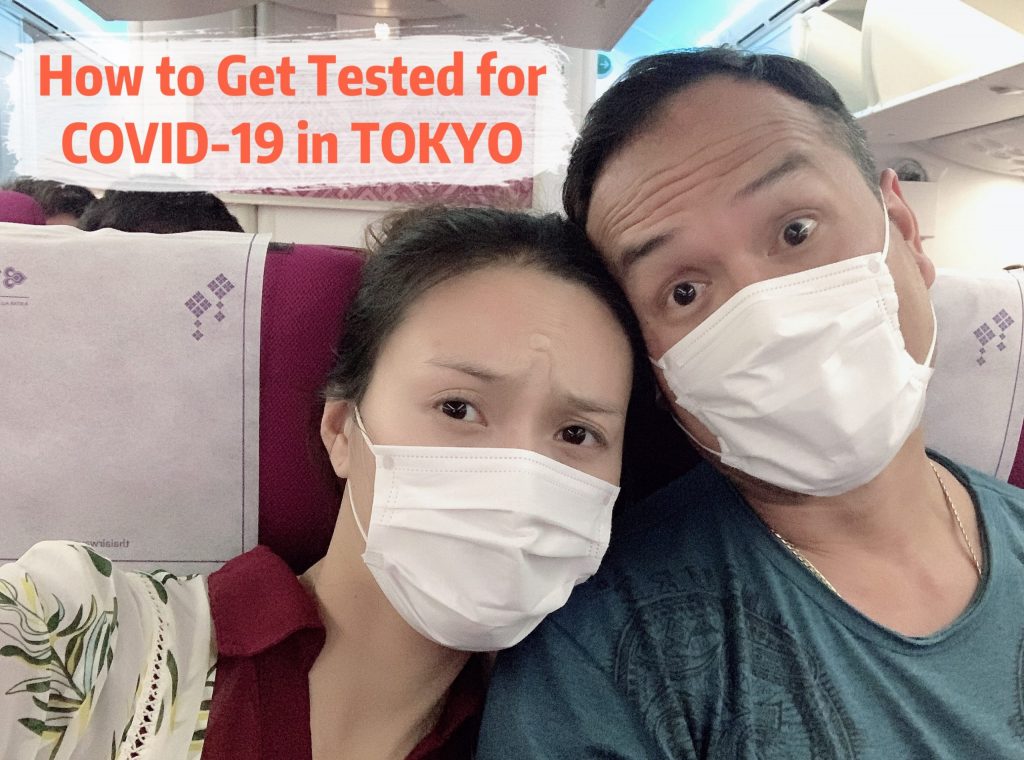
Blog Article on Getting the COVID-19 Test in Tokyo:
https://rachelleng.com/how-to-get-tested-for-the-coronavirus-in-tokyo/
To my surprise, the article was shared widely not only amongst the Singaporean community in Japan but also amongst many foreign residents of all nationalities in Tokyo.
驚いたことに、この記事は日本のシンガポール人コミュニティだけでなく、
東京に住むあらゆる国籍の多くの外国人住民にも広く共有されました。
#SGUnited:
Homes around the World, but Hearts in Singapore
世界中にある我が家、
シンガポールの心
Being able to share my experience in Tokyo with SMS Dr. Janil was meaningful, but what was even more inspiring was the opportunity to hear from and speak with other Singaporeans leading their communities during these times of crisis.
It was amazing to hear how fellow Singaporeans have been rallying and helping the overseas Singaporean community across Australia, Indonesia, Thailand, China, the U.K., and the U.S. On top of managing their own personal and family situations during the crisis, many contributed to their local communities by organizing the distribution of PPE, establishing online business directories, and launching online events to support meaningful social connections and promote mental health. Being able to connect with each other in this way was rewarding, as it brought us together and helped us recognize that we are not alone in this crisis, never mind that we may have never met in person before.
東京での私の経験をSMS Janil博士と共有できたことはとても有意義でしたが、
さらに刺激的だったのは、
このような危機的状況の時に彼らのコミュニティを率いる他のシンガポール人達からも話を聞き、
話す機会があったことです。
シンガポールの仲間達がオーストラリア、インドネシア、タイ、中国、英国、
米国にまたがる海外のシンガポール人コミュニティを結集し、
支援してきた様子を聞くことはとても有意義でした。
危機の最中に自分自身や家族の状況を管理することに加えて、
多くの人が個人用防護具(PPE)を配布し、
オンラインビジネスディレクトリを確立し、
メンタルヘルスを増進するためのWebイベントを立ち上げることにより、
有意義な社会的繋がりをサポートし、地域社会に貢献しました。
このようにお互いにオンラインで繋がりを持つことはやりがいのあることでした。
それは私達が直接会ったことがなくても、
この危機の中で一人ではないことを互いに認識できました。
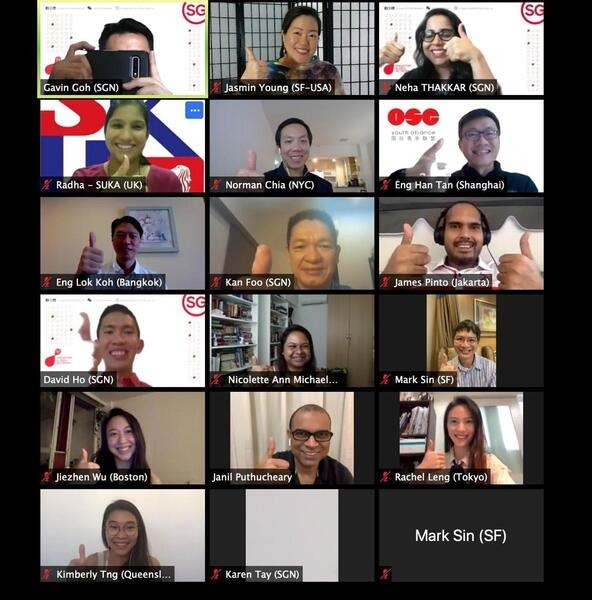
Group photo of overseas Singaporean community leaders with SMS Dr. Janil
SMS Janil 博士による海外のシンガポール人コミュニティリーダーの集合写真。
Straddling multiple countries and cultures, it is easy for diasporic communities and individuals to feel alone in the world, forgotten within the margins. As an overseas Singaporean, I am very grateful to the Government of Singapore for inspiring renewed confidence in our nation’s leaders and reassuring all citizens that we would always have a home to return to. Even for those who may not be able to return to Singapore in the short-term (such as myself), it is comforting to know that we will always be welcomed in our home country and can receive crucial healthcare treatment if necessary.
I believe that Singapore embassies around the world have also done a great job in reaching out to support overseas Singaporean communities. The Embassy of Singapore in Tokyo has been sending frequent email updates on the ever-changing policy and regulatory environment as well as localized alerts to inform the overseas Singaporean community in Japan on the latest developments.
複数の国や文化の中で、ディアスポラのコミュニティや個人は、
それらの関係の中に埋もれて忘れられてしまいがちで、
世界ですぐに孤独を感じてしまいます。
異国に住むシンガポール人として、
私はシンガポール政府を改めて信頼し、
いつでも故郷に帰れるようにすべての市民に安心を与えるシンガポール政府にとても感謝しています。
短期的にはシンガポールに帰れない方(私も含めて)でも、
本国ではいつでも歓迎され、
必要に応じて症状に合う重要な医療を受けることができるので安心です。
世界中のシンガポール大使館も海外のシンガポール人コミュニティをサポートするために
手を差し伸べる素晴らしい役目を果したと思います。
東京のシンガポール大使館は、
絶え間なく変化する方針と規制環境に関する最新情報をメール等で頻繁に送信するとともに、
日本在住のシンガポール人コミュニティに最新の動向を知らせるための
現地語化したアラートを送信しています。
As an overseas Singaporean, there is nothing more nostalgic than the feeling of arriving back home, being welcomed by the countless twinkling lights of high-rise buildings as your plane coasts in, hearing the familiar Singlish accent everywhere, feeling the familiar intrepid blast of humid-hot air pouring over you as you step out past the sliding doors at the air-conditioned airport terminal, indulging in all of the local favorites, whether it is a Laksa, Otak-Otak, Bak Kut Teh, or a cold Tiger Beer…
海外居住のシンガポール人として、
到着時に飛行機から見える海岸沿いの高層ビルの無数のきらめく光に迎えられ、
降りた途端、どこでもおなじみの「シングリッシュ」のアクセントが聞こえ、
エアコン付きの空港ターミナルのドアを通り過ぎて外に出ると、
とても湿気の多い溢れるような熱気を感じ、
「ラクサ」、「オタオタ」、「バクテ」、よく冷えた「タイガービール」など、
地元の人気料理をすべて楽しめることなど、
家に帰ること以上に懐かしいものはありません。
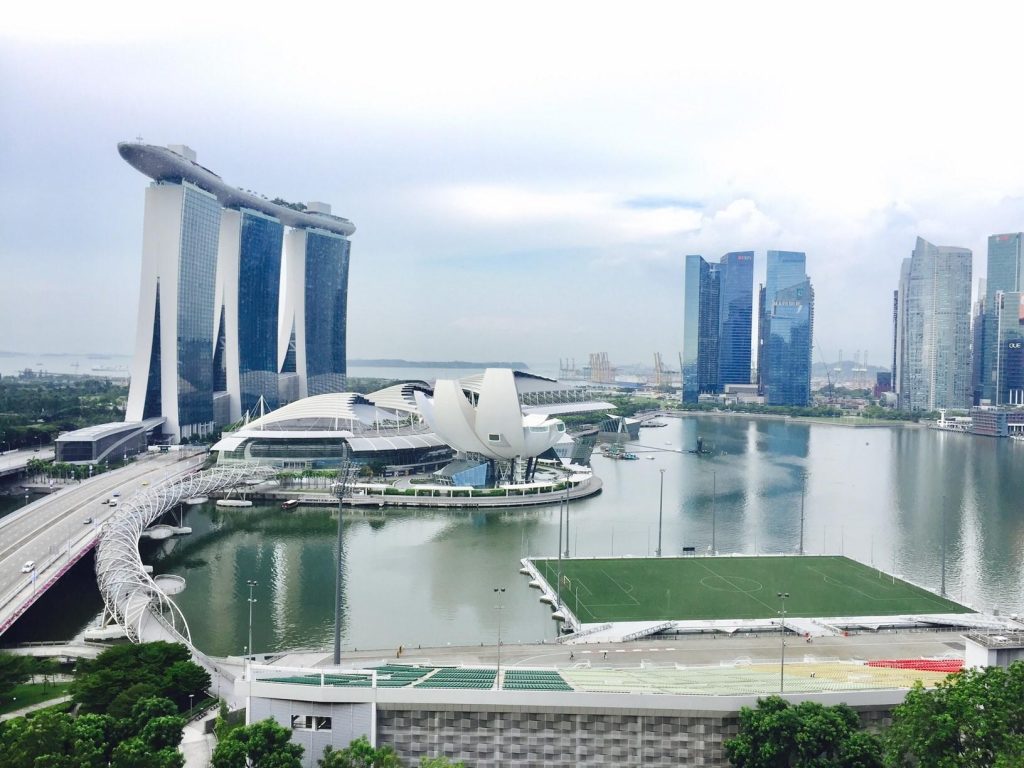
I now better understand why they say that “home” is where they still take you in and care for you, irrespective of how hard times get. No matter where I am in the world, through my experience during this global pandemic, I now know that Singapore will always be that home for me.
困難な状況に関係なく、「家」はいつもあなたを受け入れ、
あなたが落ち着く場所であると言われる理由を私はよく理解しました。
私が世界のどこにいても、この世界的なパンデミックの経験を通じて、
シンガポールが私にとっての故郷であることを心から理解しています。
Singapore Global Network:
Looking to the Future
シンガポールグローバルネットワーク:
将来を見据えて
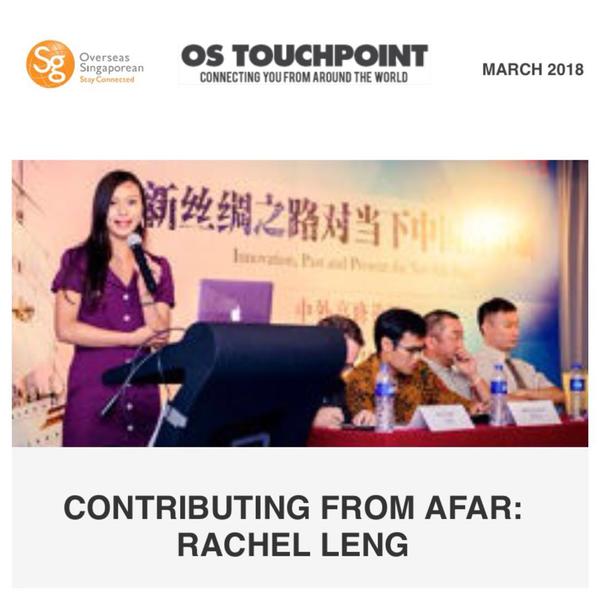
Over the years, I’ve had a positive experience with the Overseas Singaporean Unit (OSU), a government agency created for the purpose to engage overseas Singaporeans since 2008. In March 2018, the OSU interviewed me on my community service and mentorship work, supporting students and young professionals across China, Japan, South Korea, and the United States (U.S.), which helped me connect with fellow Singaporeans both abroad and back home. I also appreciate the various projects managed by OSU to bring the overseas Singaporean diaspora closer through heritage festivals, articles highlighting the work of Singaporeans around the world, cultural workshops, and other events.
2008年以来、海外居住のシンガポール人が参加することを
目的として作成された政府機関であるOverseas Singaporean Unit(OSU)で、
有意義な経験をしました。
2018年3月、私はOSUと自身の海外ボランティア活動とメンターシップについて面接し、
中国、日本、韓国、米国にいる学生や若い専門家達をサポートしました。
この面接が、海外や国内のシンガポール人と交流するのに役立ちました。
私は長年海外に住み、OSUが提供する海外のシンガポール人ディアスポラ文化祭、
世界中に住むシンガポール人の作品を紹介する記事、文化ワークショップ、
その他のイベントで紹介される様々なプロジェクトにも感謝しています。
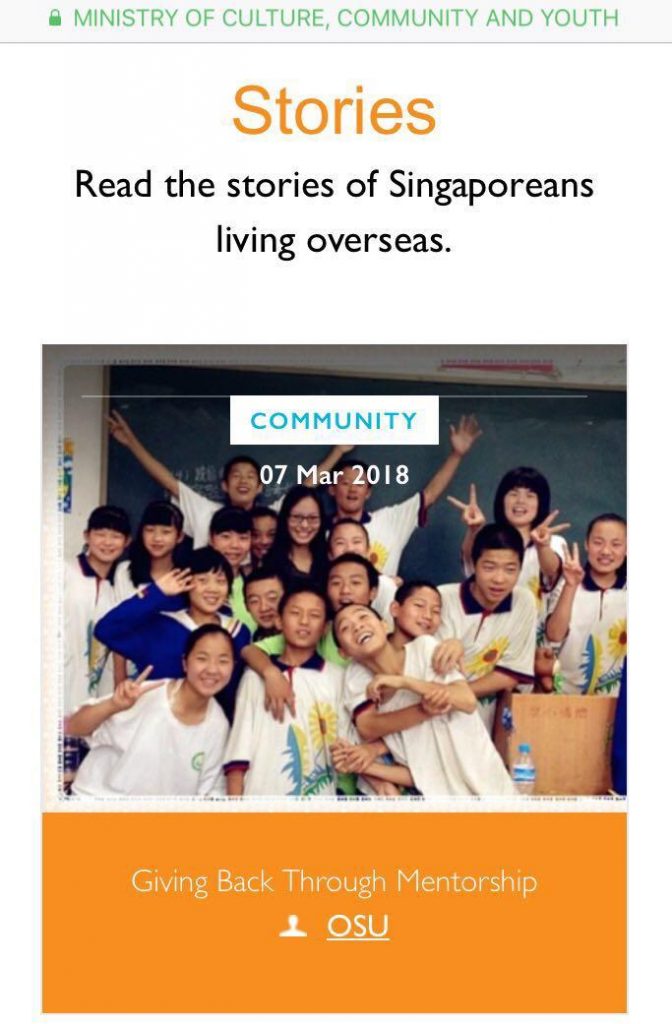
Interview Feature on “Giving Back Through Mentorship” with the OSU:
In June 2019, the Overseas Singaporean Unit became a part of the Singapore Global Network (SGN) – a newly-established division in the Economic Development Board aiming to cultivate a global network of family, friends, and fans of Singapore.
2019年6月に、OSUはSGNの一部となりました。
SGNは、シンガポールの家族、友人、
ファンのグローバルネットワークを育成することを目的として、
経済開発委員会に新しく設立された部門です。

SGN has certainly stepped up to fill the gap to connect overseas Singaporeans back to our home country in a way that effectively complements the efforts of locally-based embassies. Through thoughtful initiatives such as “Love in the time of COVID” collecting love letters from the overseas community to their loved ones in Singapore, we can share our experiences and feel welcomed as part of one unified Singapore network, despite being scattered all across the world.
SGNは確かに、海外居住のシンガポール人が母国とより良く繋がることを
強化するために現地の大使館と協力しています。
「Love in the time of COVID」(コロナの時代の愛)のようなラブレターを
海外のコミュニティからシンガポールの愛する人に届けるなどの心のこもったプロジェクトを通じて、
私たちは自分自身の経験を世界中の仲間と共有し、
世界に散在しているにもかかわらず、
1つの統合されたシンガポールネットワークの一部として
歓迎されていると感じることができます。
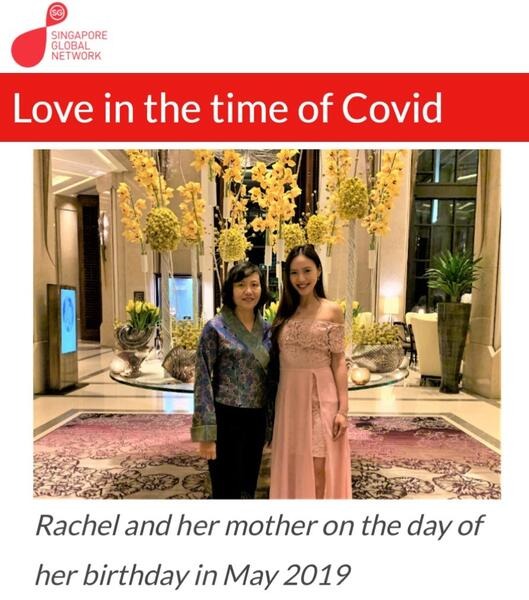
Letter to my Mother for SGN’s “Love in the time of Covid” collection:
https://www.singaporeglobalnetwork.gov.sg/food-for-thought/from-the-community/love-in-the-time-of-covid
I contributed to this project with a letter to my mother. I am grateful to SGN for providing a platform where I, along with other overseas Singaporeans, could voice our experiences in a foreign country separated from our loved ones during these unprecedented times. Rather than simply being presented as a statistic of the overseas community and perceived as being “less involved with Singapore,” we could anchor our personal stories in relation to our country of citizenship.
私は母への手紙でこのプロジェクトに貢献しました。
他の海外居住のシンガポール人と一緒に、
これらの前例のない時期に私たちの愛する人が住んでいるのとは違う国で
自分達の経験を語ることができるプラットフォームを提供してくれたSGNに感謝します。
海外に住んでいると、私達は単にディアスポラの統計データとして提示され、
皆に「シンガポールにあまり関わっていない」と考えられてしまいますが、
私たちは異国からの個人的なストーリーだけでもシンガポール人の一人として
市民権のある国に定住していると思います。
Although many of us in the Singaporean diaspora have made our homes – whether temporarily or permanently – in our host countries, our heart and true home will remain in Singapore. Many stories of overseas Singaporeans have been highlighted over the years, but I find that there still tends to be little attention given to historicizing each life and accomplishment. Stories of overseas Singaporeans need to be framed more as a community, rather than a minority segment of the nation’s population.
Moving forward, I hope that SGN will continue to reinforce their initiatives and expand their presence with the Singapore diaspora long after the coronavirus outbreak settles down. It would be ideal to build a wider network of community leaders amongst overseas Singaporeans, and thereby shape a stronger sense of cohesive identity and community locally. This will help foster resilience and a united spirit by bringing the Singapore diaspora together beyond outreach efforts during an extraordinary crisis period.
I truly believe that one of the most important things anyone can do is to let others know that they are not alone.
As a diasporic individual, it is easy to feel helpless and small, disconnected from your home country and fellow citizens. Nevertheless, it is important not to underestimate the difference each individual can make in the lives of others. Having a network where we can turn to for support from other Singaporeans and be empowered to step forward, reach out and help each other will be important. With this approach, we can seize opportunities and embrace digitalisation in a post-COVID world with confidence together.
I look forward to contributing to these efforts in the near future.
私達シンガポールのディアスポラの多くは、
一時的であれ永久的であれ、ホスト国に住んでいますが、
私たちの心と真の家はシンガポールに残こっています。
長年にわたって海外居住のシンガポール人の多くの話が強調されてきましたが、
それぞれの人生と功績について史実を用いた話に注目されていない傾向があります。
海外のシンガポール人の物語は、国民の少数派の一部分ではなく、
よりコミュニティの枠組みにもっと組み入れるべきだと思います。
誰にでもできる最も重要なことの1つは、
私達はだれも一人ではないとお互いに知ることだと信じています。
海外居住している個人として、母国や仲間の市民から切り離されて、
無力で小さいと簡単に感じてしまいます。
それでも、一人一人の力は小さくても、まだ無力ではない、
必ず他者の為に何かサポートできると信じています。
私たちが自分以外のシンガポール人からのサポートに頼ることができ、
前進し、手を差し伸べ、
互いに助け合うことができるネットワークを作ることは重要です。
このアプローチにより、私たちはチャンスをつかみ、
自信を持ってCOVID後の世界のデジタル化を受け入れることができます。
近い将来、これらの取り組みに貢献できることを楽しみにしています。
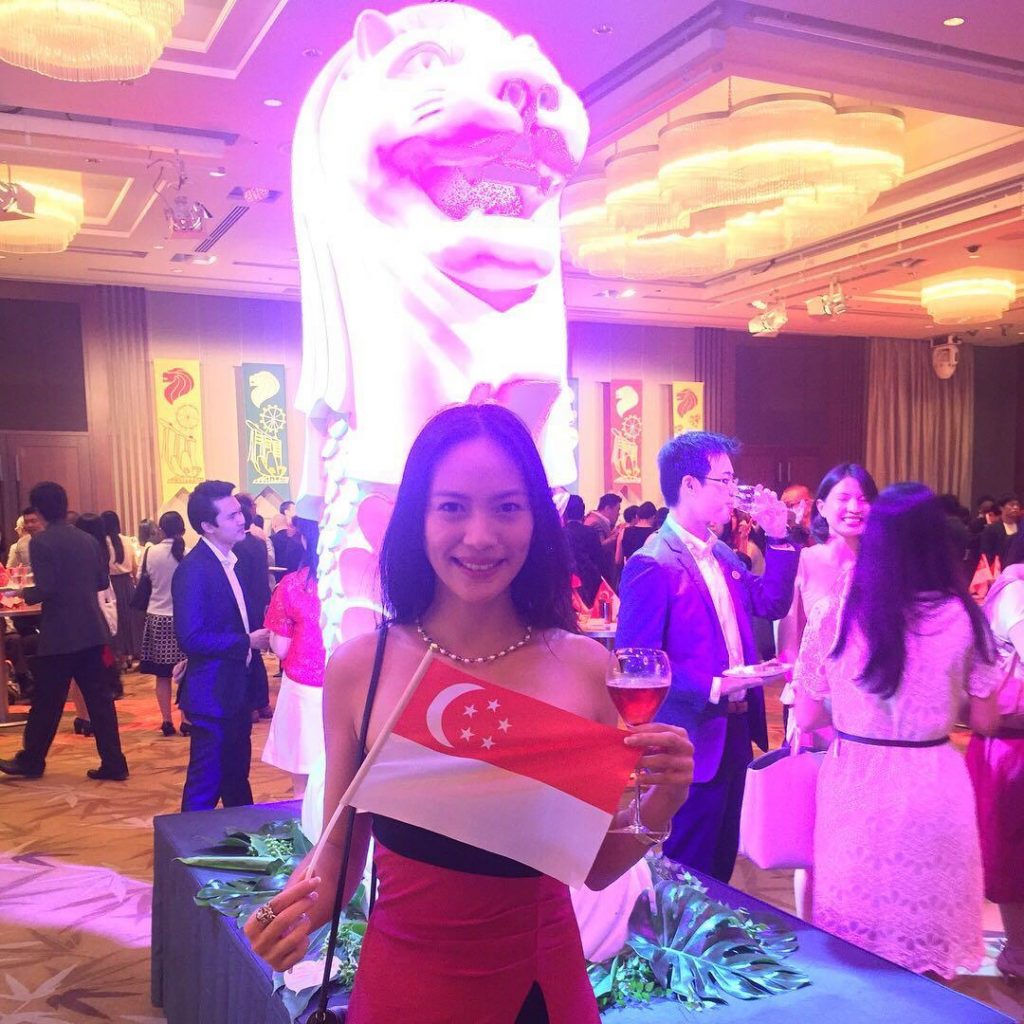
Thank you for taking the time to read this.
Everyone, please continue to stay safe, positive, and resilient.
Together, we will overcome this difficult period.
本日は、お読みいただき、ありがとうございました。
皆様、安全で、前向きに、そして危機的状況から立ち直ってください。
私たちは、一緒にこの困難な時期を乗り越えることができると思います!
Website: https://www.sgunited.gov.sg/

I would love to hear from you. Please subscribe to my updates and send me an email!
私は皆様の意見を伺いたいと思います。
もしよろしければ、メールマガジンを購読して私にメールを送ってください!


